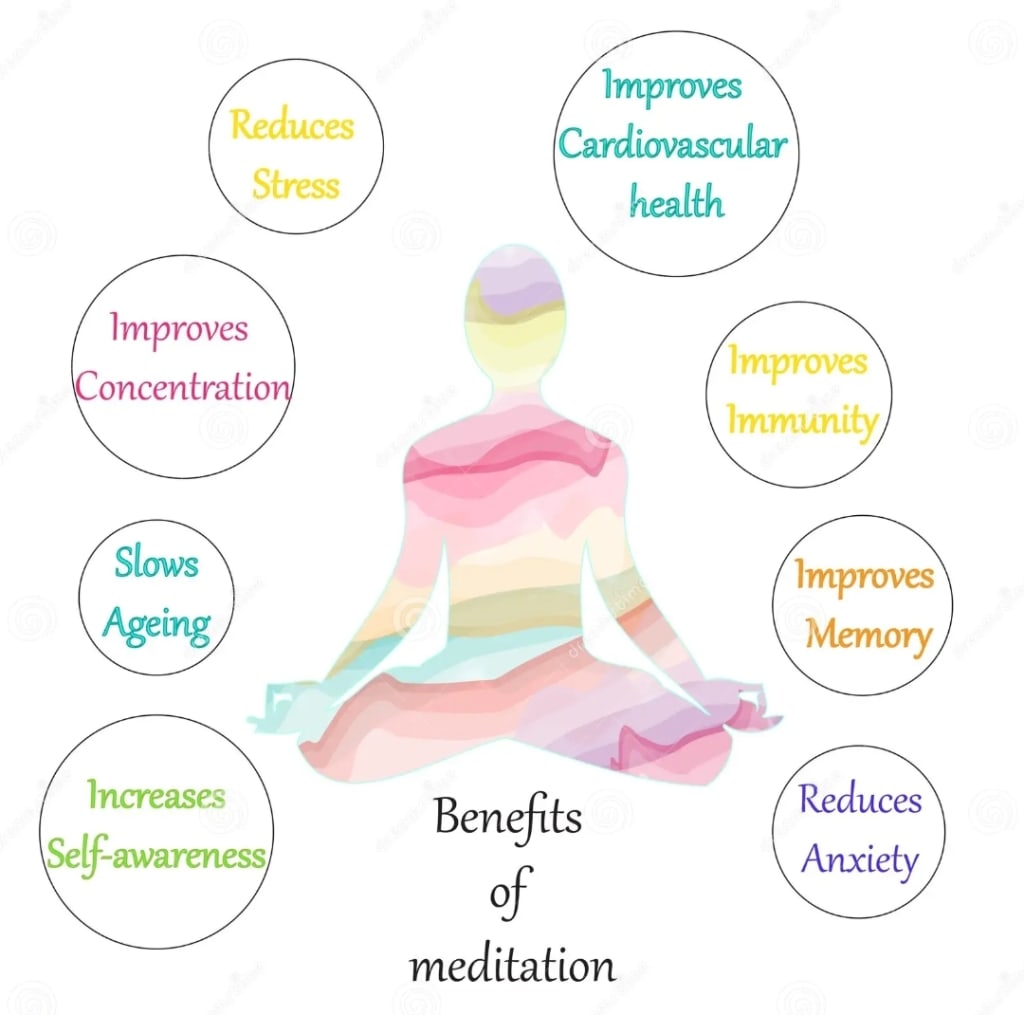
If you think it’s not effective, that doesn’t imply there’s no potential.
For the last four years, I’ve embarked on a quest to enhance my mental and physical wellness. The path is often twisty, yet I have seen significant advancements over the past few years. I’ve tackled this from many angles, including everything from cognitive-behavioral therapy to mindfulness practices like meditation, yoga, and exercising.
Sometimes, prioritizing your mental and physical wellness is quite demanding. My main focus has been on meditation for its psychological advantages, but it also offers a multitude of verified physical health benefits. When you’re feeling down, initiating the process can be quite challenging. Regardless of your reasons for exploring meditation, you may experience some initial discomfort. Not everyone can effortlessly sit quietly with a straight posture and instantly dive into profound meditation.
Meditation is deeply individual. We all engage with it differently, approaching it from various perspectives. There isn’t a universal meditation technique that suits everyone. If you’re finding it difficult, it’s crucial not to reflexively blame yourself.
To meditate, you need to embrace the concepts of self-acceptance and mindfulness.
When I initially began practicing yoga and dabbling in meditation, the messages didn’t resonate with me. They seemed insincere and unrealistic. The repeated themes of “forgive yourself, accept yourself, and love yourself” felt like wishful thinking at first.
Part of that sentiment might originate from my upbringing. Growing up in a tiny town in suburban America, being different felt like a transgression. If you stood out, your family and neighbors would talk about you. My small town, with under 2,000 residents, feels like a trip 50 years back in time. Unfortunately, that means many people there aren’t very progressive.
Given this background, even yoga and meditation were perceived as odd activities, something worthy of judgment. I believe this contributed to my struggles in starting out — I feared being scrutinized for my differences.
Regardless of your motivations, if launching your meditation practice proves difficult, you might need to engage in some self-reflection and examine what barriers may be in place. There may be subconscious factors that hinder your acceptance of these uplifting messages, possibly connected to your upbringing as it was for me.
Finding the right meditation methods for you requires experimentation.
An additional insight that has significantly aided my consistent meditation practice and sincere mindfulness is the realization that not every technique resonates with me. If you discover that certain methods do not suit you, that’s entirely acceptable. Each of us is distinct. We possess varying learning styles and personal preferences. This diversity is beautiful, but it also means some techniques may attract you while others do not.
If you aim to engage in meditation but encounter difficulties, explore different methods and styles. Guided meditations can be particularly beneficial. In these sessions, an instructor leads you through the meditation process, helping you deepen your breathing and calm your mind. These gentle prompts can be invaluable if your thoughts start to wander. Additionally, learning from empathetic meditation teachers who urge you to return to mental tranquility after recognizing your thoughts can help you treat yourself more kindly when distractions arise.
It’s vital to research various meditation techniques.
– Guided meditations
– Sound healing meditations
– Visualization exercises
– Body scans — concentrating on different body areas with each breath
– Attuning to your surroundings without judgment
– Counting the length of your breaths
– Alternate nostril breathing
– Meditating with background music
– Breathing synchronously with meditation music
There are numerous diverse methods and techniques for meditation. If some techniques haven’t resonated with you, continue to try new ones. You might stumble upon something valuable. Personally, I find that counting my breaths is particularly helpful; it provides my mind with a task while I attempt to quiet my thoughts. There’s still mental activity, but it aids in calming down and focusing on being present.
Always remember that meditation is a skill that benefits from practice.
When you struggle with meditation, consider another skill you possess. Did it magically appear? Or was it a talent developed through persistent effort? It could pertain to any skill — the capacity to grasp complex software, the ability to fold laundry in a